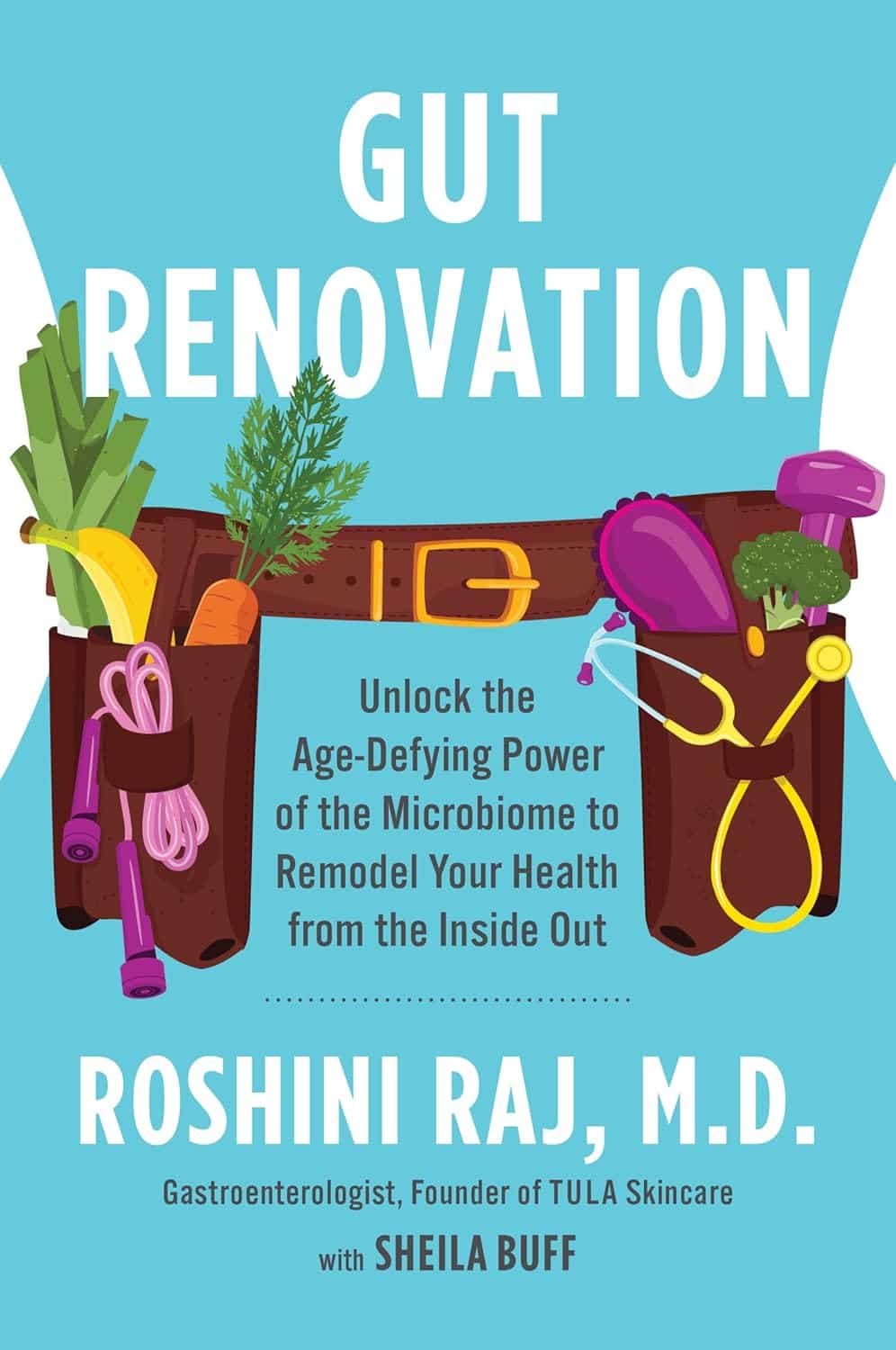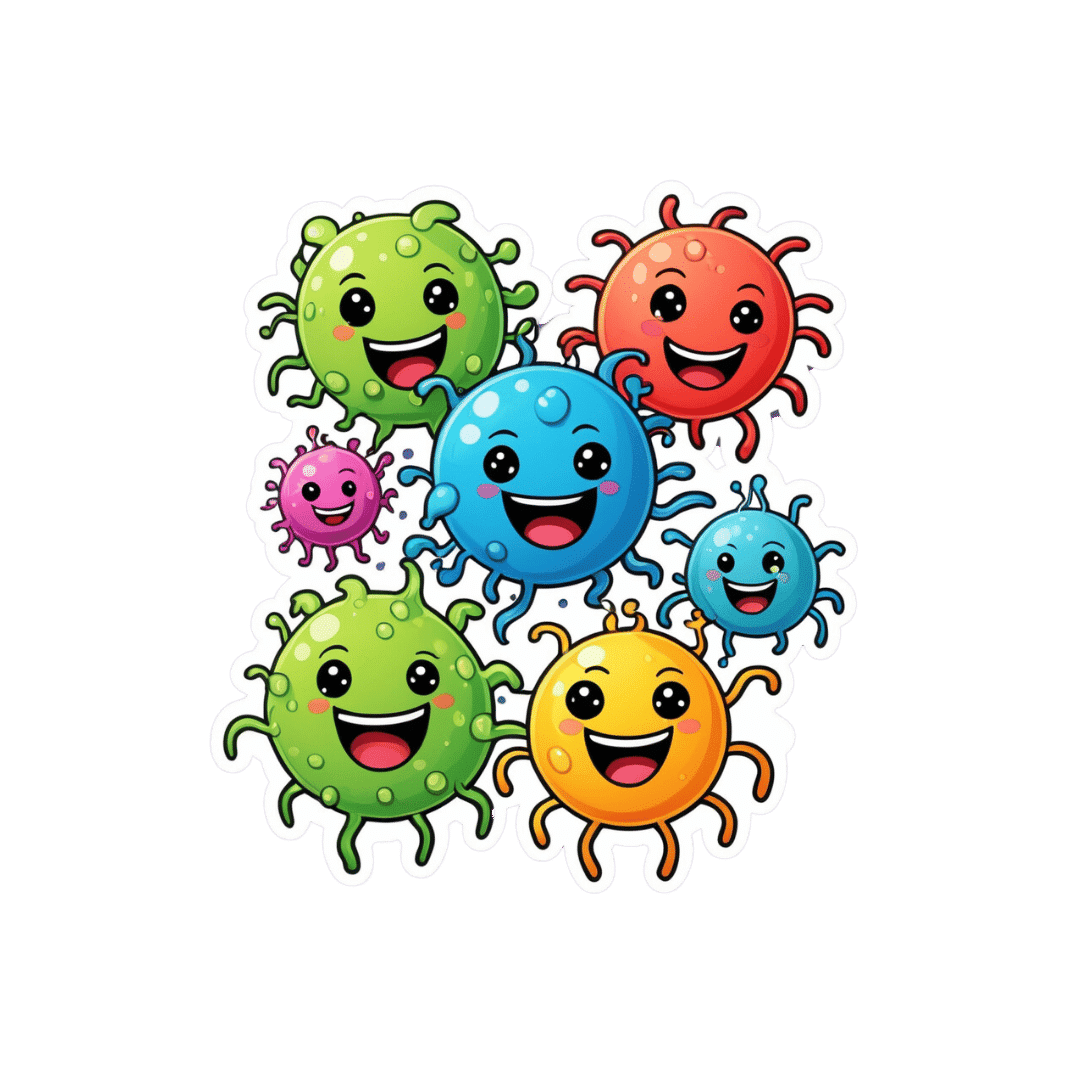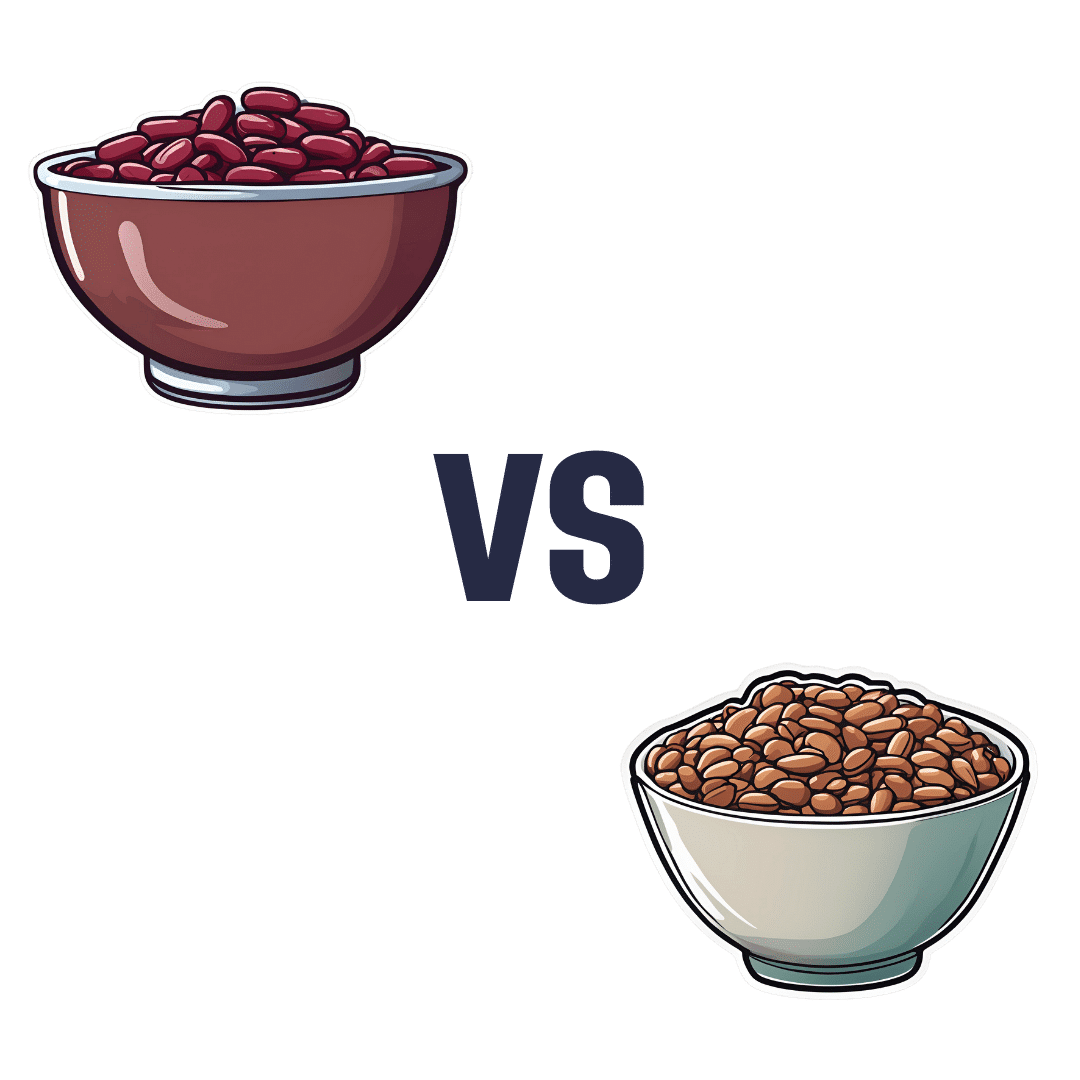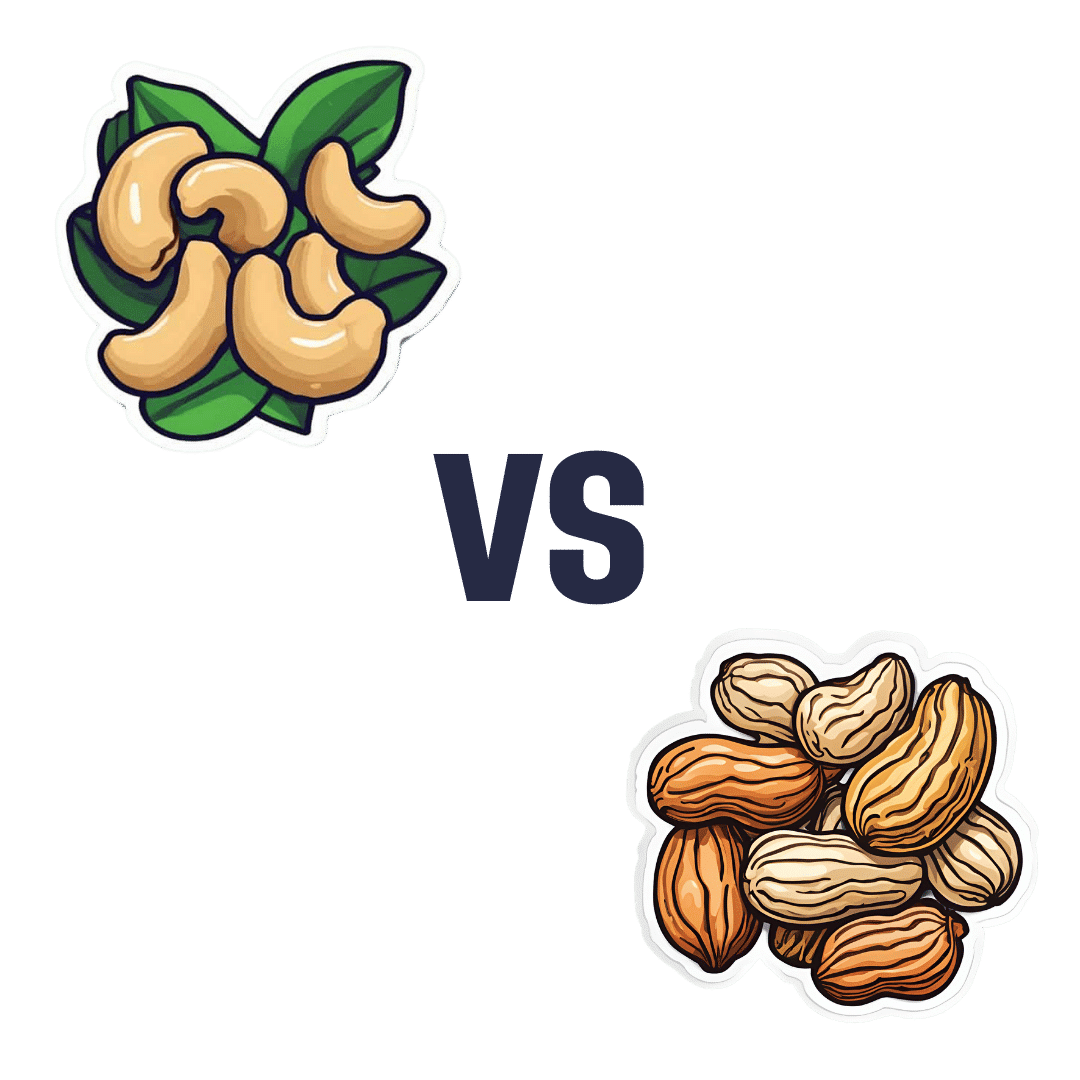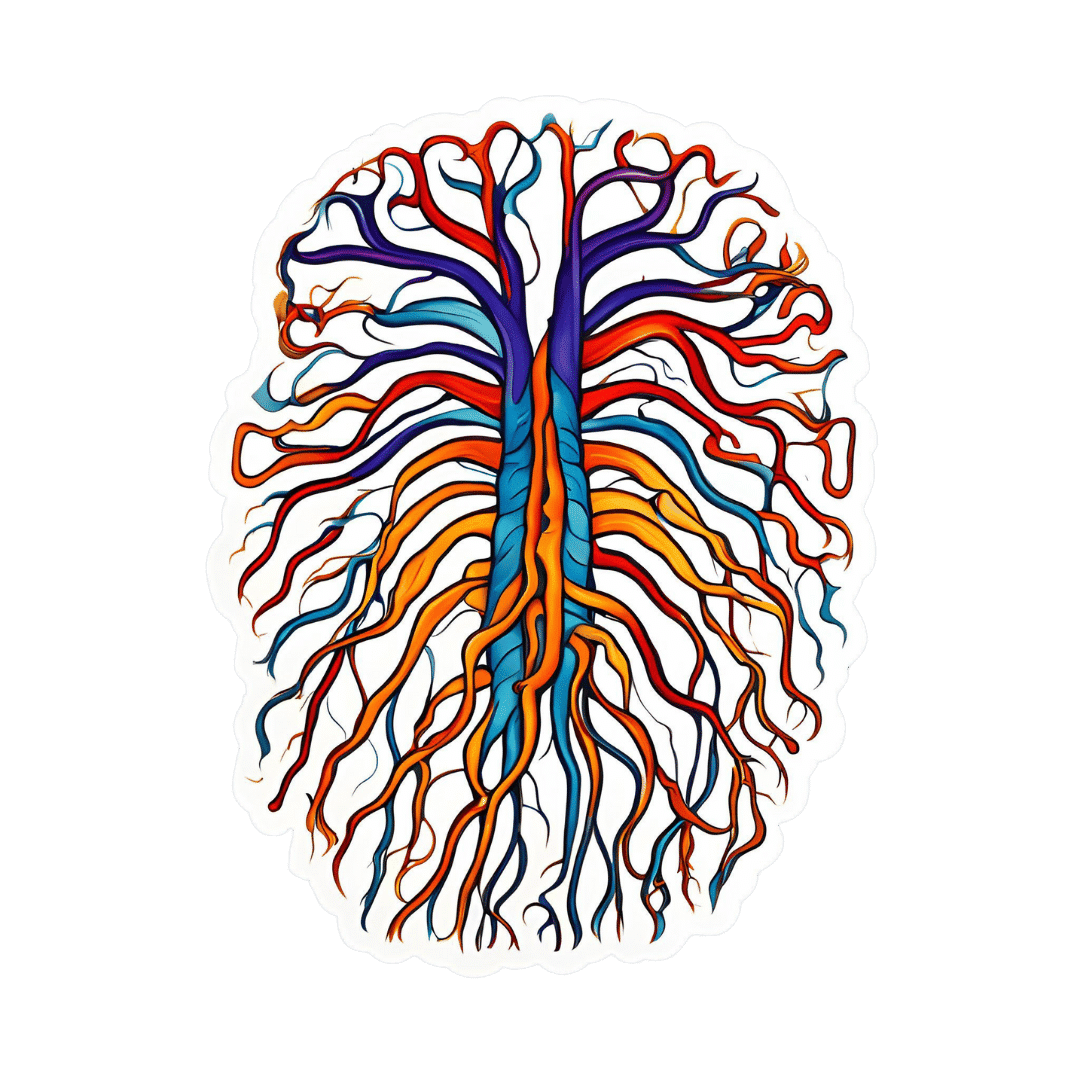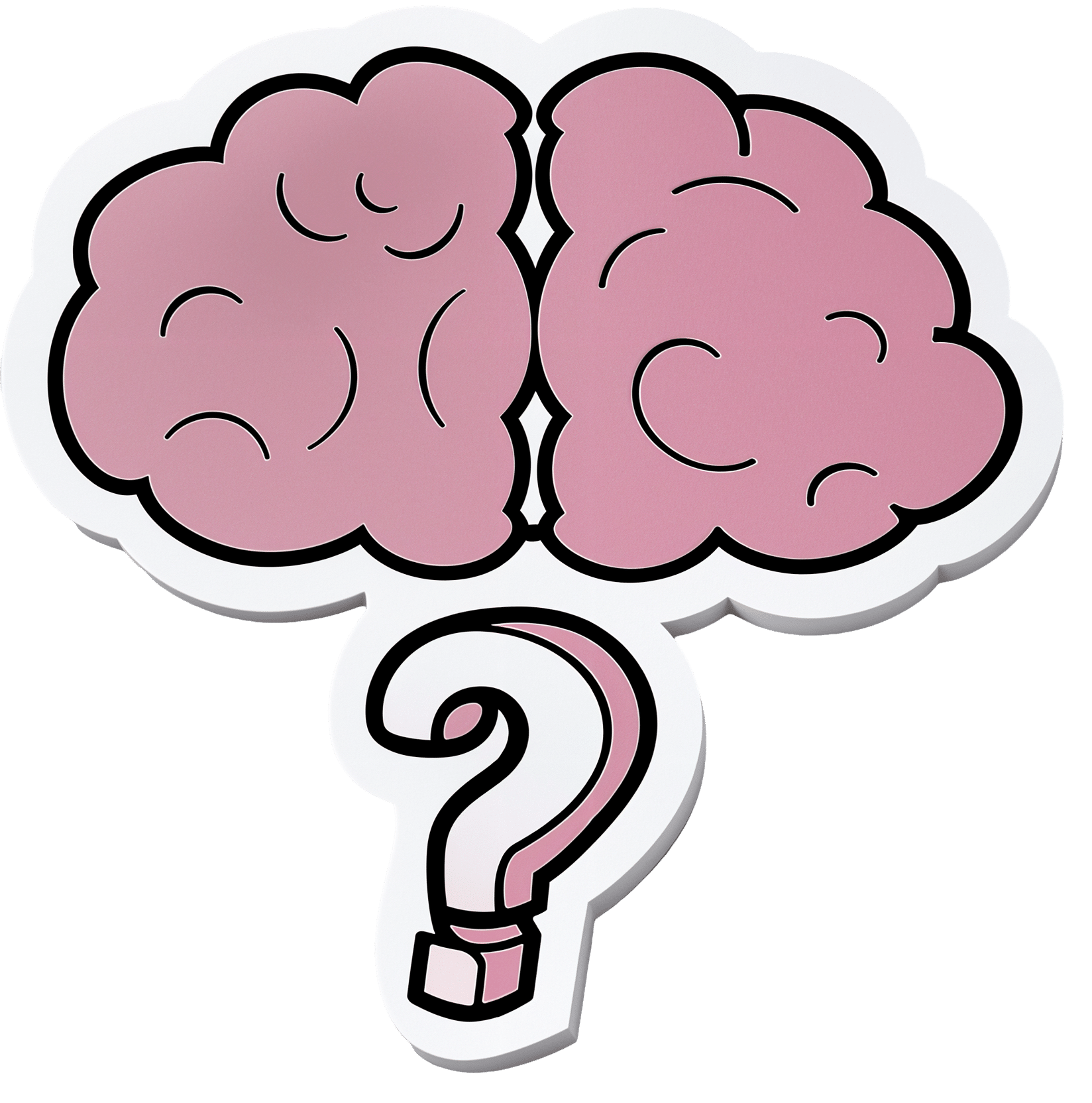
When Did You Last Have a Cognitive Health Check-Up?
10almonds is reader-supported. We may, at no cost to you, receive a portion of sales if you purchase a product through a link in this article.
When Did You Last Have a Cognitive Health Check-Up?
Regular health check-ups are an important part of a good health regime, especially as we get older. But after you’ve been prodded, probed, sampled and so forth… When did you last have a cognitive health check-up?
Keeping on top of things
In our recent Monday Research Review main feature about citicoline, we noted that it has beneficial effects for a lot of measures of cognitive health.
And that brought us to realize: just how on top of this are we?
Your writer here today could tell you what her sleep was like on any night in the past year, what her heart rate was like, her weight, and all that. Moods too! There’s an app for that. But cognitive health? My last IQ test was in 2001, and I forget when my last memory test was.
It’s important to know how we’re doing, or else how to we know if there has been some decline? We’ve talked previously about the benefits of brain-training of various kinds to improve cognition, so in some parts we’ll draw on the same resources today, but this time the focus is on getting quick measurements that we can retest regularly (mark the calendar!)
Some quick-fire tests
These tests are all free, quick, and accessible. Some of them will try to upsell you on other (i.e. paid) services; we leave that to your own discretion, but the things we’ll be using today are free.
Test your verbal memory
This one’s a random word list generator. It defaults to 12 words, but you can change that if you like. Memorize the words, and then test yourself by seeing how many you can write down from memory. If it gets too easy, crank up the numbers.
Test your visual memory
This one’s a series of images; the test is to click to say whether you’ve seen this exact image previously in the series or not.
Test your IQ
This one’s intended to be general purpose intelligence; in reality, IQ tests have their flaws too, but it’s not a bad metric to keep track of. Just don’t get too hung up on the outcome, and remember, your only competition is yourself!
Test your attention / focus
This writer opened this and this three other attention tests (to get you the best one) before getting distracted, noting the irony, and finally taking the test. Hopefully you can do better!
Test your creativity
This one’s a random object generator. Give yourself a set period of time (per your preference, but make a note of the time you allow yourself, so that you can use the same time period when you retest yourself at a later date) in which to list as many different possible uses for the item.
Test your musical sense
This one’s a pitch recognition test. So, with the caveat that it is partially testing your hearing as well as your cognition, it’s a good one to take and regularly retest in any case.
How often should you retest?
There’s not really any “should” here, but to offer some advice:
- If you take them too often, you might find you get bored of doing so and stop, essentially burning out.
- If you don’t take them regularly, you may forget, lose this list of tests, etc.
- Likely a good “sweet spot” is quarterly or six-monthly, but there’s nothing wrong with testing annually either.
It’s all about the big picture, after all.
Don’t Forget…
Did you arrive here from our newsletter? Don’t forget to return to the email to continue learning!
Recommended
Learn to Age Gracefully
Join the 98k+ American women taking control of their health & aging with our 100% free (and fun!) daily emails:
-
Gut Renovation – by Dr. Roshini Raj, with Sheila Buff
10almonds is reader-supported. We may, at no cost to you, receive a portion of sales if you purchase a product through a link in this article.
Unless we actually feel something going on down there, gut health is an oft-neglected part of overall health—which is unfortunate, because invisible as it may often be, it affects so much.
Gastroenterologist Dr. Roshini Raj gives us all the need-to-know information, explanations of why things happen the way they do with regard to the gut, and tips, tricks, and hacks to improve matters.
She also does some mythbusting along the way, and advises about what things don’t make a huge difference, including what medications don’t have a lot of evidence for their usefulness.
The style is easy-reading pop-science, with plenty of high-quality medical content.
Reading between the lines, a lot of the book as it stands was probably written by the co-author, Sheila Buff, who is a professional ghostwriter and specializes in working closely with doctors to produce works that are readable and informative to the layperson while still being full of the doctor’s knowledge and expertise. So a reasonable scenario is that Dr. Raj gave her extensive notes, she took it from there, passed it back to her for medical corrections, and they had a little back and forth until it was done. Whatever their setup, the end result was definitely good!
Bottom line: if you’d like a guide to gut health that’s practical and easy to read, while being quite comprehensive and certainly a lot more than “eat probiotics and fiber”, then this book is a fine choice.
Share This Post
-
The Liver Cure – by Dr. Russell Blaylock
10almonds is reader-supported. We may, at no cost to you, receive a portion of sales if you purchase a product through a link in this article.
We’ve written before about How To Unfatty A Fatty Liver, but there’s a lot more that can be said in a book that we couldn’t fit into our article.
In this book, Dr. Blaylock looks at the causes and symptoms of liver disease, the mechanisms behind such, and how we can adjust our dietary habits (and other things) to do better for ourselves.
While the book’s primary focus is on diet, he does also look at medications (especially: those that hinder liver health, which are many, including simple/common stuff like Tylenol and similar), and the effects of different lifestyle choices, including ones that aren’t diet-related.
Because most people’s knowledge of liver disease starts and ends at “don’t drink yourself to death”, this book is an important tome of knowledge for actually keeping this critical organ in good order—especially since symptoms of liver disease can initially be subtle, and slow to show, often escaping notice until it’s already far, far worse than it could have been.
Many people find out by experiencing liver failure.
The writing style is… A little repetitive for this reviewer’s preference, but it does make sure that you won’t miss things. Also, when it comes to supplements, he repeatedly recommends a particular company, and it’s not clear whether he has a financial interest there. But the actual medical information is good and important and comprehensive.
Bottom line: if you’d like to keep your liver in good health, this is a book that will help you to do just that.
Click here to check out The Liver Cure, and keep yours working well!
Share This Post
-
Why do disinfectants only kill 99.9% of germs? Here’s the science
10almonds is reader-supported. We may, at no cost to you, receive a portion of sales if you purchase a product through a link in this article.
Have you ever wondered why most disinfectants indicate they kill 99.9% or 99.99% of germs, but never promise to wipe out all of them? Perhaps the thought has crossed your mind mid-way through cleaning your kitchen or bathroom.
Surely, in a world where science is able to do all sorts of amazing things, someone would have invented a disinfectant that is 100% effective?
The answer to this conundrum requires understanding a bit of microbiology and a bit of mathematics.
Davor Geber/Shutterstock What is a disinfectant?
A disinfectant is a substance used to kill or inactivate bacteria, viruses and other microbes on inanimate objects.
There are literally millions of microbes on surfaces and objects in our domestic environment. While most microbes are not harmful (and some are even good for us) a small proportion can make us sick.
Although disinfection can include physical interventions such as heat treatment or the use of UV light, typically when we think of disinfectants we are referring to the use of chemicals to kill microbes on surfaces or objects.
Chemical disinfectants often contain active ingredients such as alcohols, chlorine compounds and hydrogen peroxide which can target vital components of different microbes to kill them.
Diseinfectants can contain a range of ingredients. Maridav/Shutterstock The maths of microbial elimination
In the past few years we’ve all become familiar with the concept of exponential growth in the context of the spread of COVID cases.
This is where numbers grow at an ever-accelerating rate, which can lead to an explosion in the size of something very quickly. For example, if a colony of 100 bacteria doubles every hour, in 24 hours’ time the population of bacteria would be more than 1.5 billion.
Conversely, the killing or inactivating of microbes follows a logarithmic decay pattern, which is essentially the opposite of exponential growth. Here, while the number of microbes decreases over time, the rate of death becomes slower as the number of microbes becomes smaller.
For example, if a particular disinfectant kills 90% of bacteria every minute, after one minute, only 10% of the original bacteria will remain. After the next minute, 10% of that remaining 10% (or 1% of the original amount) will remain, and so on.
Because of this logarithmic decay pattern, it’s not possible to ever claim you can kill 100% of any microbial population. You can only ever scientifically say that you are able to reduce the microbial load by a proportion of the initial population. This is why most disinfectants sold for domestic use indicate they kill 99.9% of germs.
Other products such as hand sanitisers and disinfectant wipes, which also often purport to kill 99.9% of germs, follow the same principle.
You might have noticed none of the cleaning products in your laundry cupboard kill 100% of germs. Africa Studio/Shutterstock Real-world implications
As with a lot of science, things get a bit more complicated in the real world than they are in the laboratory. There are a number of other factors to consider when assessing how well a disinfectant is likely to remove microbes from a surface.
One of these factors is the size of the initial microbial population that you’re trying to get rid of. That is, the more contaminated a surface is, the harder the disinfectant needs to work to eliminate the microbes.
If for example you were to start off with only 100 microbes on a surface or object, and you removed 99.9% of these using a disinfectant, you could have a lot of confidence that you have effectively removed all the microbes from that surface or object (called sterilisation).
In contrast, if you have a large initial microbial population of hundreds of millions or billions of microbes contaminating a surface, even reducing the microbial load by 99.9% may still mean there are potentially millions of microbes remaining on the surface.
Time is is a key factor that determines how effectively microbes are killed. So exposing a highly contaminated surface to disinfectant for a longer period is one way to ensure you kill more of the microbial population.
This is why if you look closely at the labels of many common household disinfectants, they will often suggest that to disinfect you should apply the product then wait a specified time before wiping clean. So always consult the label on the product you’re using.
Disinfectants won’t necessarily work in your kitchen exactly like they work in a lab. Ground Picture/Shutterstock Other factors such as temperature, humidity and the type of surface also influence how well a disinfectant works outside the lab.
Similarly, microbes in the real world may be either more or less sensitive to disinfection than those used for testing in the lab.
Disinfectants are one part infection control
The sensible use of disinfectants plays an important role in our daily lives in reducing our exposure to pathogens (microbes that cause illness). They can therefore reduce our chances of getting sick.
The fact disinfectants can’t be shown to be 100% effective from a scientific perspective in no way detracts from their importance in infection control. But their use should always be complemented by other infection control practices, such as hand washing, to reduce the risk of infection.
Hassan Vally, Associate Professor, Epidemiology, Deakin University
This article is republished from The Conversation under a Creative Commons license. Read the original article.
Share This Post
Related Posts
-
Kidney Beans vs Pinto Beans – Which is Healthier?
10almonds is reader-supported. We may, at no cost to you, receive a portion of sales if you purchase a product through a link in this article.
Our Verdict
When comparing kidney beans to pinto beans, we picked the pinto.
Why?
Looking at the macros first, pinto beans have slightly more protein and carbs, and a lot more fiber, making them the all-round “more food per food” choice.
In the vitamins category, kidney beans have more of vitamins B3, C, and K, while pinto beans have more of vitamins B1, B2, B6, B9, E, and choline; another win for pinto beans. In kidney beans’ defense though, with the exception of vitamin E (31x more in pinto beans) the margins of difference are small for the rest of these vitamins, making kidney beans a close runner-up. Still, at least a nominal win for pinto beans here, by the numbers.
When it comes to minerals, kidney beans are not higher in any minerals, while pinto beans have more calcium, copper, magnesium, manganese, phosphorus, potassium, and selenium. In kidney beans’ defense, though, with the exception of selenium (5–6x more in pinto beans) the margins of difference are small for the rest of these minerals, making kidney beans a fine choice here too. Once again though, a winner is declarable here by the numbers, and it’s pinto beans.
Adding up the three wins makes for one big win for pinto beans. Still, enjoy either or both, because kidney beans are great too, and so is diversity!
Want to learn more?
You might like to read:
What’s Your Plant Diversity Score?
Take care!
Don’t Forget…
Did you arrive here from our newsletter? Don’t forget to return to the email to continue learning!
Learn to Age Gracefully
Join the 98k+ American women taking control of their health & aging with our 100% free (and fun!) daily emails:
-
Cashews vs Peanuts – Which is Healthier?
10almonds is reader-supported. We may, at no cost to you, receive a portion of sales if you purchase a product through a link in this article.
Our Verdict
When comparing cashews to peanuts, we picked the peanuts.
Why?
Another one for “that which is more expensive is not necessarily the healthier”! Although, certainly both are good:
In terms of macros, cashews have about 2x the carbs while peanuts have a little more (healthy!) fat and more than 2x the fiber, meaning that peanuts also enjoy the lower glycemic index. All in all, a fair win for peanuts here.
When it comes to vitamins, cashews have more of vitamins B6 and K, while peanuts have a lot more of vitamins B1, B2, B3, B5, B7, B9, and E. Another easy win for peanuts.
In the category of minerals; cashews have more copper, iron, magnesium, phosphorus, and selenium, while peanuts have more calcium, manganese, and potassium. A win for cashews, this time.
Adding up the sections makes for an overall win for peanuts, but (assuming you are not allergic) enjoy either or both! In fact, enjoying both is best; diversity is good.
Want to learn more?
You might like to read:
Why You Should Diversify Your Nuts!
Take care!
Don’t Forget…
Did you arrive here from our newsletter? Don’t forget to return to the email to continue learning!
Learn to Age Gracefully
Join the 98k+ American women taking control of their health & aging with our 100% free (and fun!) daily emails:
-
The Painkilling Power Of Opioids, Without The Harm?
10almonds is reader-supported. We may, at no cost to you, receive a portion of sales if you purchase a product through a link in this article.
When it comes to painkilling medications, they can generally be categorized into two kinds:
- non-opioids (e.g. ibuprofen, paracetamol/acetaminophen, aspirin)
- ones that actually work for something more serious than a headache
That’s an oversimplification, but broadly speaking, when there is serious painkilling to be done, that’s when doctors consider it’s time to break out the opioids.
Nor are all opioids created equal—there’s a noteworthy difference between codeine and morphine, for instance—but the problems of opioids are typically the same (tolerance, addiction, and eventual likelihood of overdose when one tries to take enough to make it work after developing a tolerance), and it becomes simply a matter of degree.
See also: I’ve been given opioids after surgery to take at home. What do I need to know?
So, what’s the new development?
A team of researchers have found that the body can effectively produce its own targetted painkilling peptides, similar in function to benzodiazepines (an opioid drug), but—and which is a big difference—confined to the peripheral nervous system (PNS), meaning that it doesn’t enter the brain.
- The peptides killing the pain before it can reach the brain is obviously good because that means the pain is simply not experienced
- The peptides not having any effect on the brain, however, means that the mechanism of addiction of opioids simply does not apply here
- The peptides not having any effect on the brain also means that the CNS can’t be “put to sleep” by these peptides in the same way it can if a high dose of opioids is taken (this is what typically causes death in opioid overdoses; the heart simply beats too slowly to maintain life)
The hope, therefore, is to now create medications that target the spinal ganglia that produce these peptides, to “switch them on” at will.
Obviously, this won’t happen overnight; there will need to be first a lot of research to find a drug that does that (likely this will involve a lot of trial and error and so many mice/rats), and then multiple rounds of testing to ascertain that the drug is safe and effective for humans, before it can then be rolled out commercially.
But, this is still a big breakthrough; there arguably hasn’t been a breakthrough this big in pain research since various opioid-related breakthroughs in the 70s and 80s.
You can see a pop-science article about it here:
And you can see the previous research (from earlier this year) that this is now building from, about the glial cells in the spinal ganglia, here:
Peripheral gating of mechanosensation by glial diazepam binding inhibitor
But wait, there’s more!
Remember what we said about affecting the PNS without affecting the CNS, to kill the pain without killing the brain?
More researchers are already approaching the same idea to deal with the same problem, but from the angle of gene therapy, and have already had some very promising results with mice:
Structure-guided design of a peripherally restricted chemogenetic system
…which you can read about in pop-science terms (with diagrams!) here:
New gene therapy could alleviate chronic pain, researchers find
While you’re waiting…
In the meantime, approaches that are already available include:
- The 7 Approaches To Pain Management
- Managing Chronic Pain (Realistically!)
- Science-Based Alternative Pain Relief ← when painkillers aren’t helping, these things might!
Take care!
Don’t Forget…
Did you arrive here from our newsletter? Don’t forget to return to the email to continue learning!
Learn to Age Gracefully
Join the 98k+ American women taking control of their health & aging with our 100% free (and fun!) daily emails:


